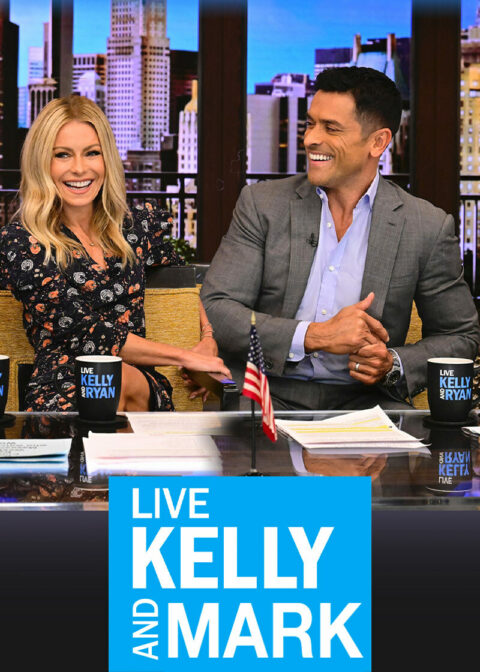By Tami Hall | Posted on February 01, 2017 5:16 PM
Oprah Winfrey returns to her journalistic roots. What does this tell us about the viability of CBS, OWN and Cable TV in general?
Oprah Winfrey to Join "60 Minutes"
Oprah Winfrey will be making a return to network TV, as she is set to join "60 Minutes" on CBS in September 2017, in the role of “special contributor”. The details of what exactly Winfrey will contribute, or how many times she is scheduled to appear on the show, has not yet been revealed.
Is CBS Hitting the "60 Minutes" Panic Button?
60 Minutes is currently the highest rated news magazine TV show and routinely performs well in its Sunday 7 P.M. time slot on CBS. The show's median age for its viewers, according to Nielsen, is around 62. With the addition of Winfrey, CBS aims to bolster the key advertising demographic between the ages of 25-54. This move maybe a reactionary response to the new upcoming competition from NBC in the form of former Fox News anchor, Megyn Kelly’s new project, which is in the 60 Minutes genre of “News Magazine” and also is aired on Sunday night on NBC.Other Ventures Outside of the "Oprah Winfrey Show"
While still hosting the "Oprah Winfrey Show", Winfrey founded the production company, Harpo Productions in 1986. The studio has gone on to develop successful projects such as: "Dr. Phil", The Dr. Oz Show", and "Rachel Ray" and also produced the 2014 Oscar nominated film, Selma. In addition to Harpo Productions, Oprah launched her own television network, the Oprah Winfrey Network (OWN) in 2011. The network, struggled mightily in the early going. By the end of 2012, Discovery Communications Inc. (the co-owners of the network) had spent $312 million on the channel, an amount twice that of the initial start-up budget. This stagnation forced Winfrey to completely reexamine her role with the network. Aside from sharing the name, initially OWN had very little attachment to Winfrey. It was clear that viewers wanted to watch the network because of the relationship with Oprah, however, the association had to be more substantive than simply sharing the name.
Viability of OWN, and Cable TV in General
Oprah's increased involvement on OWN made an moderate impact. As of 2013, viewership climbed 13%, at a time when other cable channels were seeing a 18% loss in viewership. While the channel had been on an uptick given where it started, its newest challenge may not be from other competing networks, but from the changing landscape of cable TV itself. In an era where perennial top-rated channels like ESPN, are losing viewers by the droves, niche cable channels, such as the OWN network are hard pressed to remain viable. With the myriad of options for viewing entertainment such as: Netflix, Amazon Prime Video, Sling TV, Roku Streaming Stick, Google Chromecast, Amazon Fire Stick and others, cable TV has been taking massive losses from its subscribers. "Cord Cutters" as they are becoming colloquially known as, are those that ditch cable TV subscriptions for one of, or a combination of the aforementioned alternatives. With cable companies trying to cut costs in response to the "cord cutting" movement, cable channels are under pressure to justify their carriage fee. The networks have to prove their channel can attract enough of an audience to demonstrate that they belong in enough cable TV packages where enough prospective viewers can access. Despite the increased viewership since Oprah's increased role, as of 2016, OWN still owed about $373 million to the co-owners, Discovery Communications Inc. The early struggles of OWN can be attributed to the lack of compelling original programming, as well as the lack of Oprah on her own network. While there has been improvement on the latter, this was only accomplished once Oprah had finished working on "The Oprah Winfrey Show", and had more time to allocate to the network. Given the recent news of her taking on a role on "60 minutes", in addition to her obligations to the weight loss company, Weight Watchers, where she is now a member of their executive board, the accumulation of her obligations may take their toll on her availability for any one project. The recent history of the company was good evidence that people want to watch OWN, because of the affiliation to Oprah; however, if Oprah is going to step back and become less involved, the channel may once again start to struggle. With increased competition from networks and the changing cable market, OWN may not be able to remain viable if Oprah takes a less hands-on approach. Although, it is not certain that the network would prosper even if she remained at the forefront either, it could very well be that Winfrey is now seeking a convenient exit-strategy from the potential fall of her own cable TV network.Will the Change Move the Needle For CBS?



